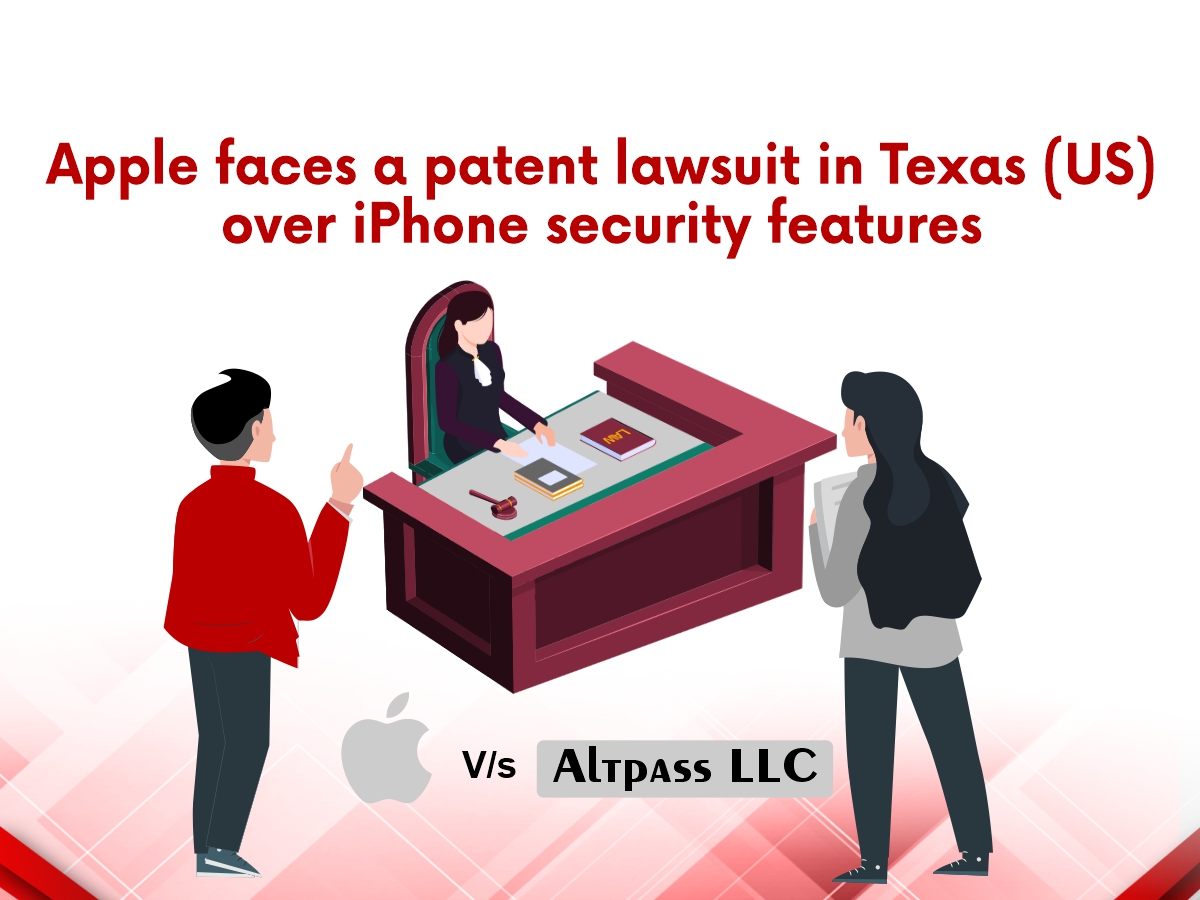
A non-practicing company allegedly filed a legal broadside directly against Apple on Wednesday. According to reports, the company claims that some iPhone security features, such as passcodes and other unlock mechanisms, infringe on its patents.
Altpass LLC filed a lawsuit in the patent-friendly US District Court for the Western District of Texas, alleging that Apple’s iPhone infringes on two patents that explain ways of establishing digital signatures that may subsequently be used for user authentication. According to the lawsuit, this includes the creation of passcodes and passwords as well as the use of Face ID technology.
Passcode and password generation, as well as Face ID, are allegedly infringed patents. Altpass is currently using US Patent Nos. 8,429,415 and 7,725,725. The patents were originally submitted in 2006 and 2010 and granted to Gary Odom, before being passed down to Altpass in April 2020.
The patent includes a wide range of methods for establishing a “signature” such as an alphanumeric code, a password, or Face ID, and storing it for retrieval using the signature to unlock a device. To be more explicit, both patents claim to be able to create a signature by simply capturing a signal from a keyboard, camera, or other input device.
Apple’s user guide for iOS 14 has also been referenced by Altpass as an example of infringement. One that explains how to create and modify a passcode. Altpass is requesting monetary damages as well as a formal infringement finding.
As of now, not much is known about Altpass because the company fails to offer enough background in its file other from the fact that it is based in Austin, Texas. Over the last two months, the business has sued Panasonic and Google using the same patent portfolio.
Altpass has initiated similar litigation against T-Mobile, OnePlus, and Kyocera after acquiring the patents in April 2020.

IPR in the Music Industry: Safeguarding Innovation in the Digital Music Era

Innovation in Automobile Industry: Key Tech & IP Trends to Watch

Protecting Innovation in Fashion: Key IP Strategies Every Fashion Brand Should Implement

From Lab to Table: How Cultivated Meat is Revolutionizing the Industry?
© Copyright 2024 – Wissen Research All Rights Reserved.